How we’re performing so far
We are proud of the work we’ve done to continue supporting our communities. Thanks to our new Healthy Communities fund, voluntary organisations can receive up to £40,000 in funding to help residents get active. This is part of our £5m fund for voluntary organisations to deliver health-focussed interventions and reduce health inequalities in the city.
Our brand-new Jubilee Community Centre opened in Queen’s Park in November. The launch was led by World Championship Bronze medal athlete Bianca Williams and track and field athlete Daniel Offiah, both of whom were supported by the council’s Westminster Champions of the Future programme. The facilities include a three-court sports hall and a community studio, offering affordable access for residents to organise any group events.
The Winter in the City campaign was re-launched, providing an additional £100k to our existing £19m cost of living package. Thanks to this funding, community centres and local venues have been able to provide residents with food and free activities.
Below we have highlighted other ways we have delivered during October to December this year*. Although progress continues to be made, we know there is still work to do as we deliver our Fairer Westminster strategy.
(* based on the latest positions available at the end of December 2023)
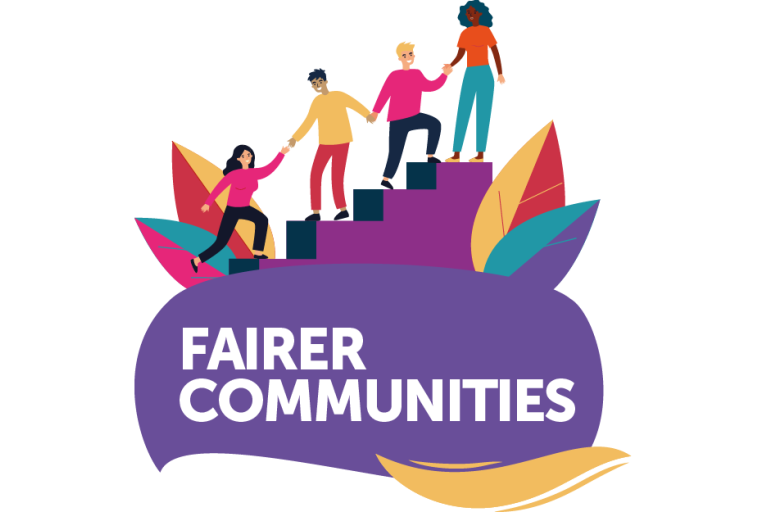
Sport and Leisure
Our aim is to make physical activity more accessible and improve people’s health and wellbeing...
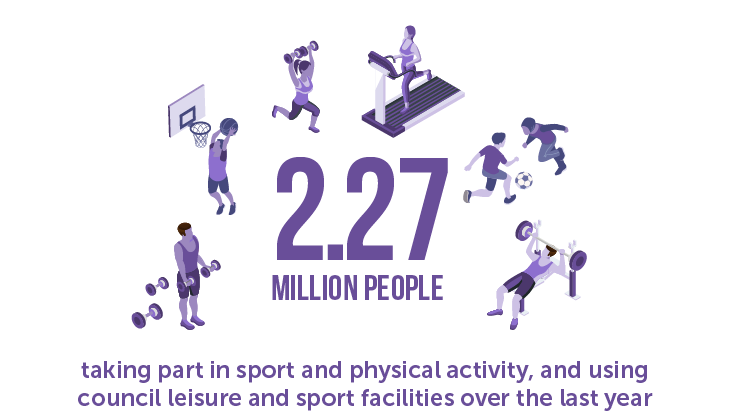
The number of people taking part in sport and physical activity and using council leisure and sport facilities in the second quarter was over 2.27 million, meeting our expectations. This is a great sign of continued recovery since the record low numbers seen during the pandemic and continues to be similar to pre-pandemic levels. In particular, there is a positive number of community provision for Westminster communities and a positive number of gym and class memberships uptake. We are pleased to see so many people enjoying community provision and our facilities, and we will continue to work hard to make them even better.
Supporting voluntary and community groups
Our aim is to ensure that Westminster’s voluntary organisations and community groups have everything they need to thrive...
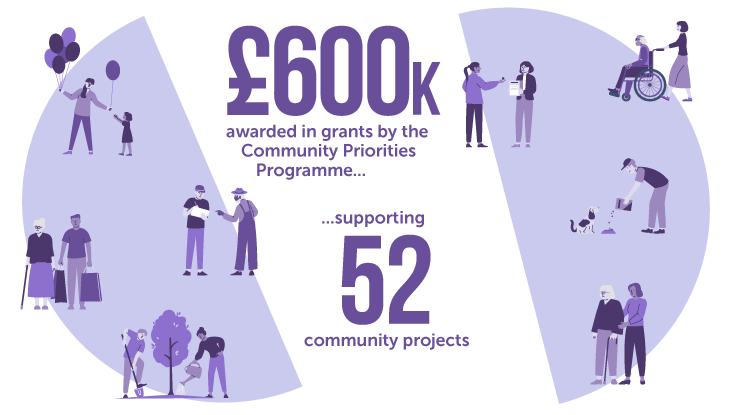
We continue to strive to create a resilient Voluntary and Community Sector (VCS). Alongside delivering a three-year VCS core grants programme, we have expanded our Community Priorities Programme. This will allow us to support our more deprived areas, by doubling the pot of funding from £300k to £600k and supporting 52 community projects - more than double the first round. We are also continuing to deliver our community investment strategy.
Additionally, as part of our North Paddington Partnership, we are bringing local stakeholders from a range of sectors together to discuss key challenges and identify needs, so we can identify where investment will have the biggest impact on the local voluntary and community sector.
Education
Our aim is to support our schools to be more inclusive for young people and to help more young people into further education and training...
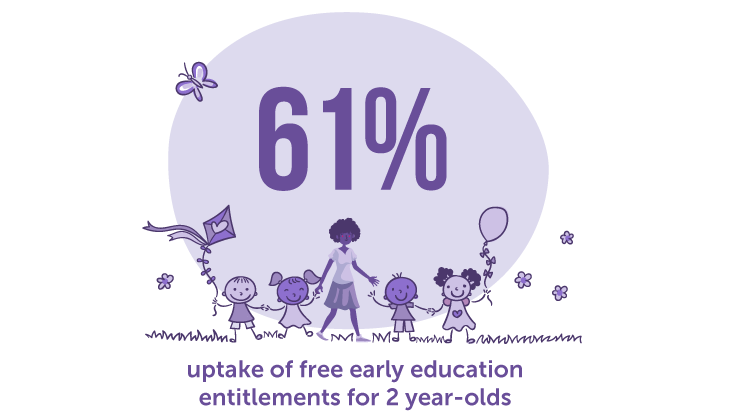
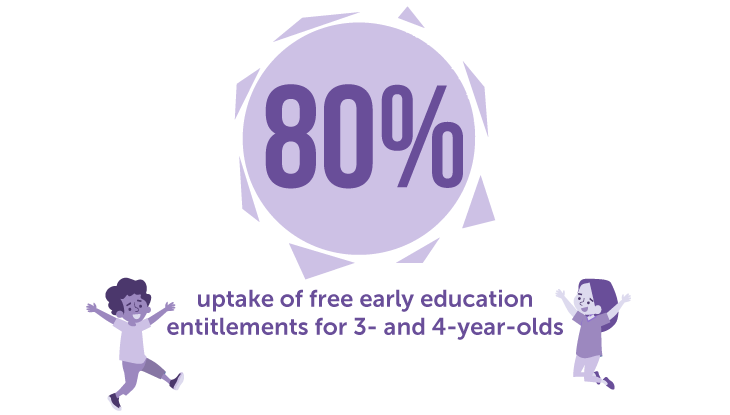
Although the attainment gap has grown by one percentage point, the average percentage of disadvantaged children meeting the expected standard for reading, writing and maths at Key Stage 2 has risen by 3%, from 57% to 60%. This is considerably higher than the national average of 44% and higher than inner London and London averages as well.
We are continuing to develop and strengthen the Continuous Professional Development offer to focus on developing middle leaders and subject leaders, quality of teaching and learning, Assessment for Learning, as well as adaptive teaching strategies for low emerging SEND needs.
Through this offer we aim to enhance teachers’ abilities to provide the highest quality of teaching and adaptive teaching so that all children can achieve their very best and thus reduce the attainment gap.
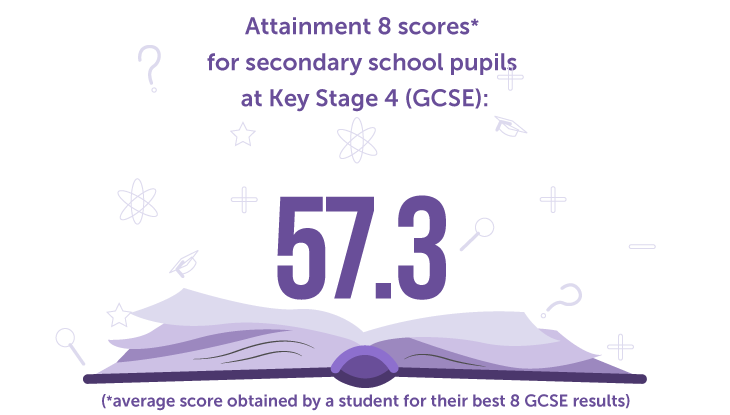
The Attainment 8 score is a measure of how well students are performing across their eight highest results at GCSE level, including English and Maths. The high Attainment 8 scores in Westminster schools are a testament to the hard work of our pupils and teachers. We continue to provide a wide range of support to our schools, so that they can create an environment in which all children can achieve their very best. This is a partnership effort and includes the work of our Mental Health Support Teams who work with pupils and whole schools to promote emotional wellbeing and provide early intervention services.
We continue to deliver whole- school Trauma Informed training to our schools, taking a holistic and trauma-informed approach to children and young people's behaviour to support wellbeing and school inclusion. A further three primary schools received whole-school training this quarter, with further training planned for Spring term. Wider services are now taking an interest in trauma informed approaches.
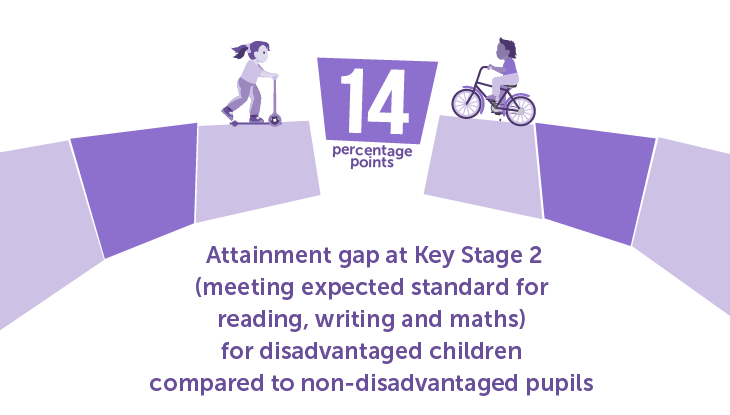
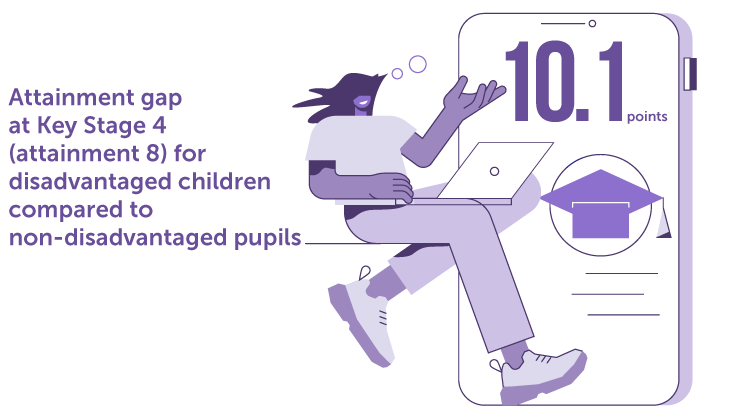
Although the attainment gap has grown by one percentage point, the average percentage of disadvantaged children meeting the expected standard for reading, writing and maths at Key Stage 2 has risen by 3%, from 57% to 60%. This is considerably higher than the national average of 44% and higher than inner London and London averages as well. We are continuing to develop and strengthen the Continuous Professional Development offer to focus on developing middle leaders and subject leaders, quality of teaching and learning, Assessment for Learning, as well as adaptive teaching strategies for low emerging SEND needs.
We are committed to being open and transparent and making information on our progress more accessible to everyone. This way you can always see how we're doing on delivering a Fairer Westminster. The above are just a few of the ways we're measuring how we're building Fairer Communities. You can also find out more at our Open Data page and by reading our Fairer Westminster Delivery Plan (see below).

